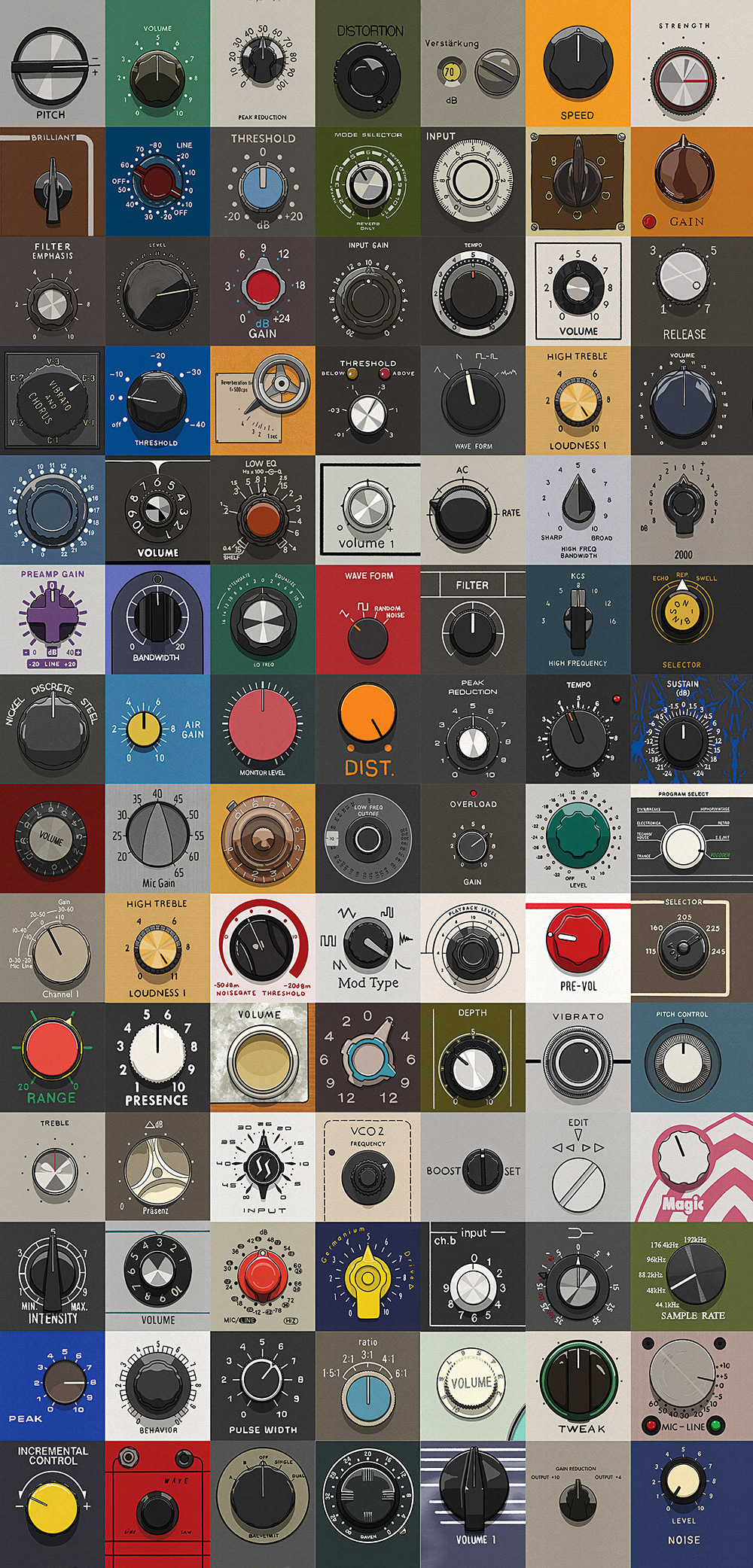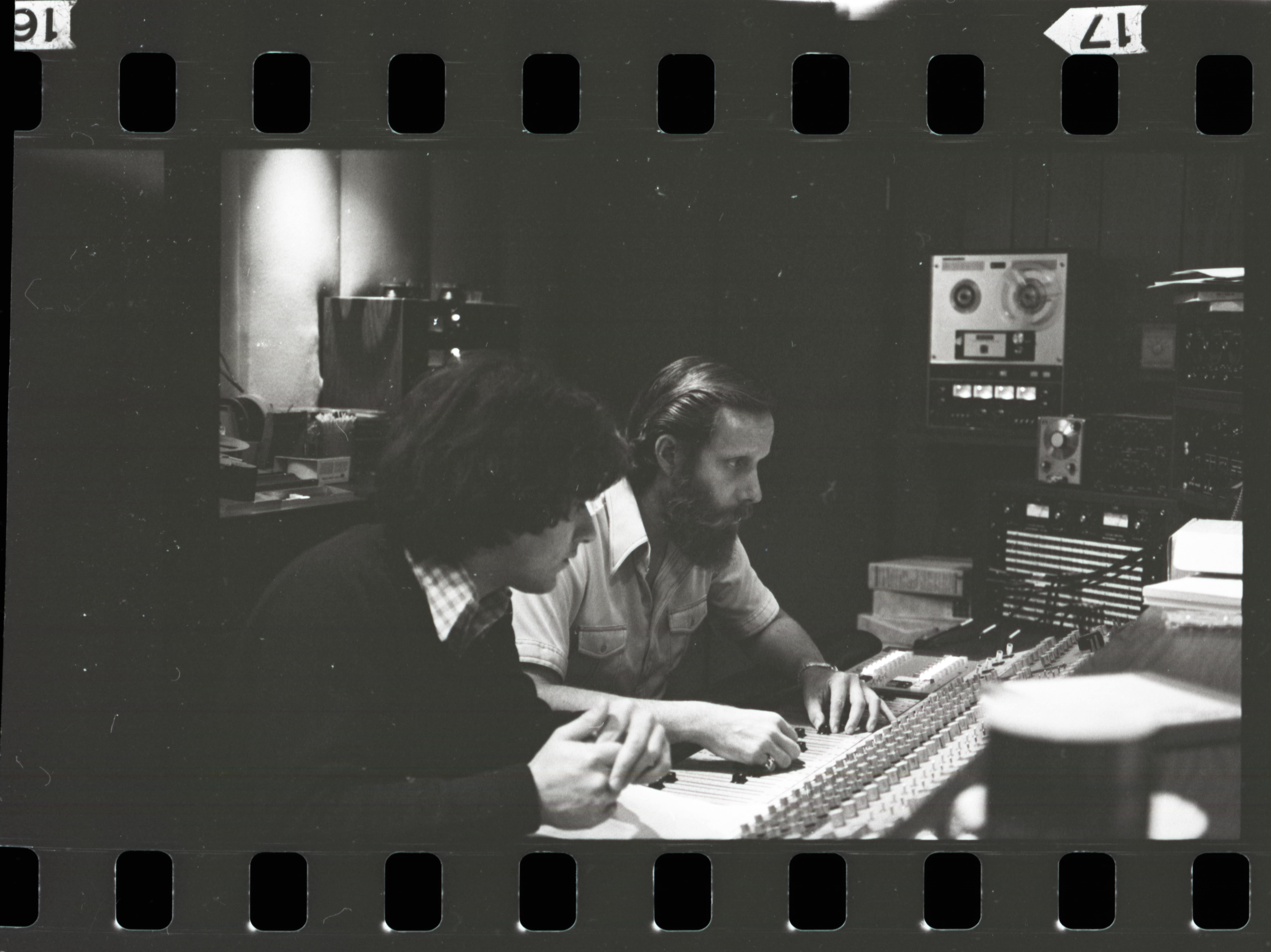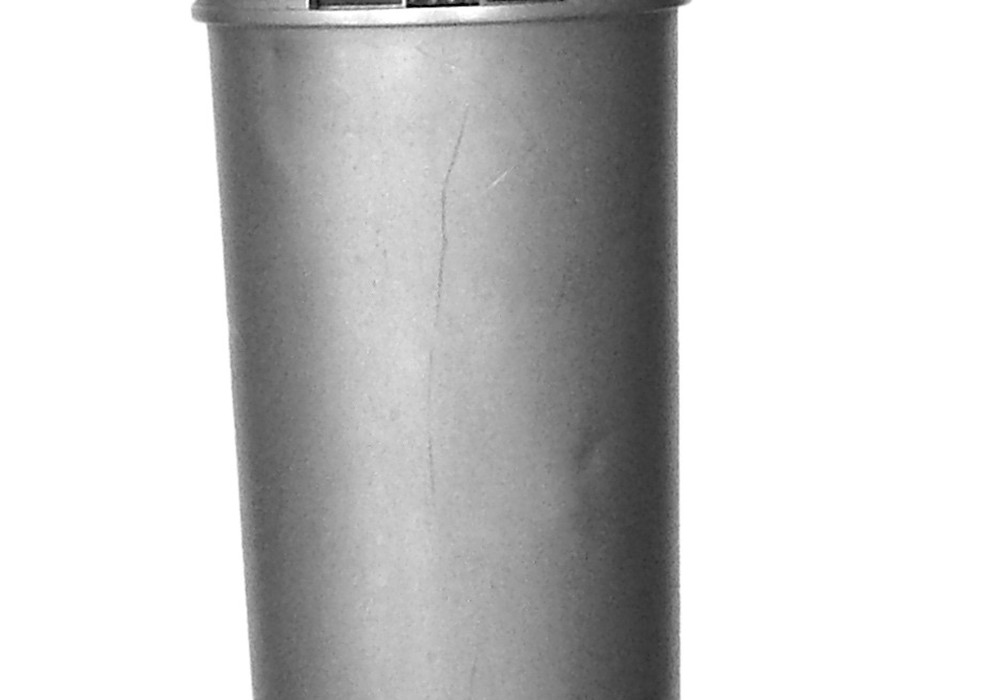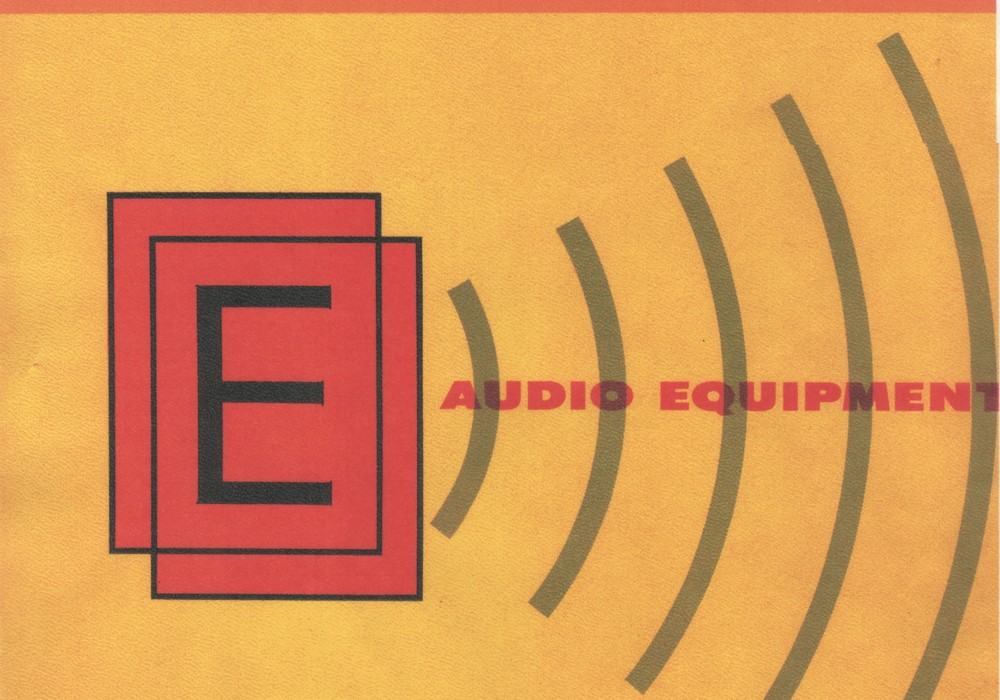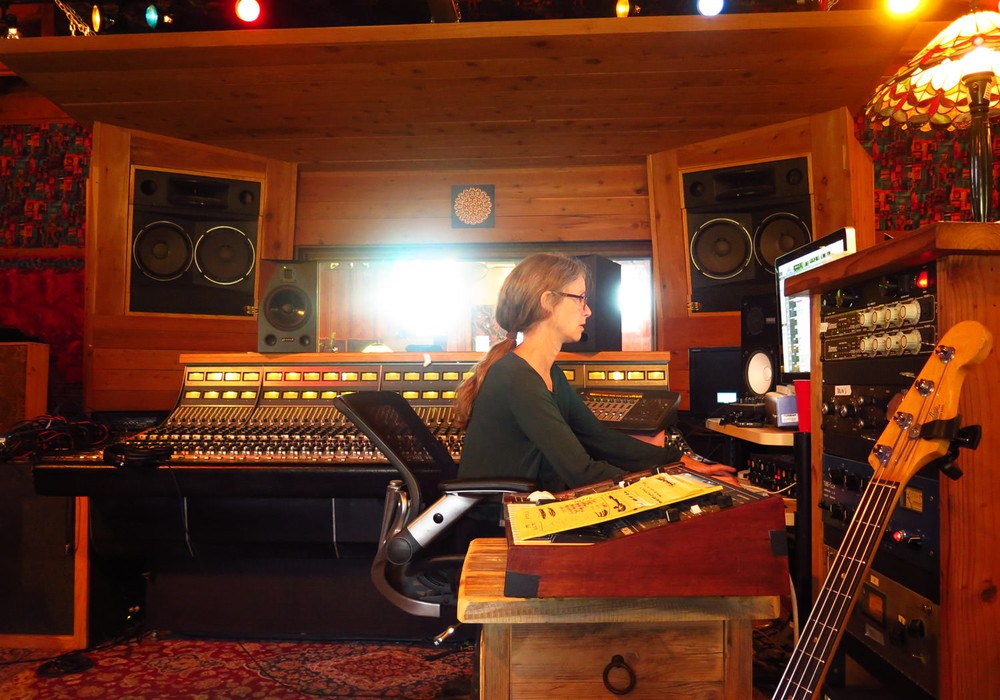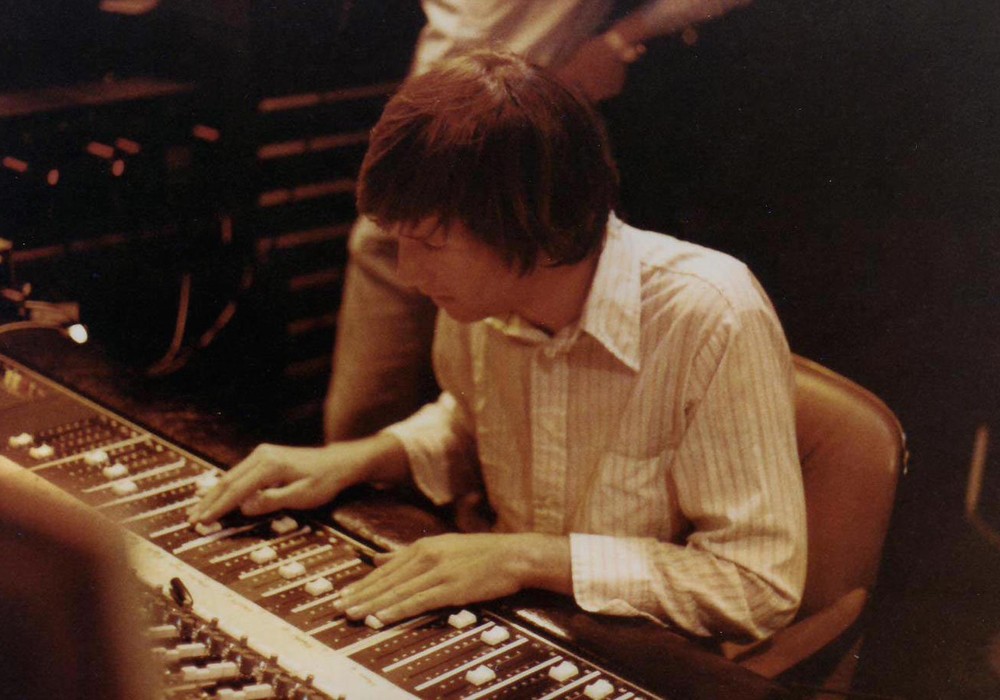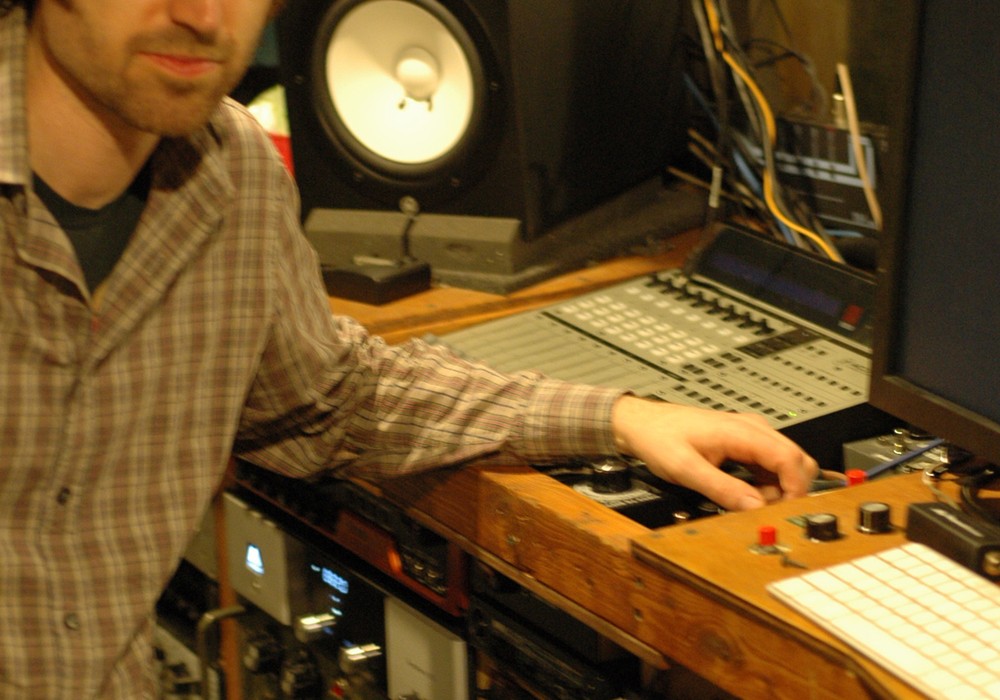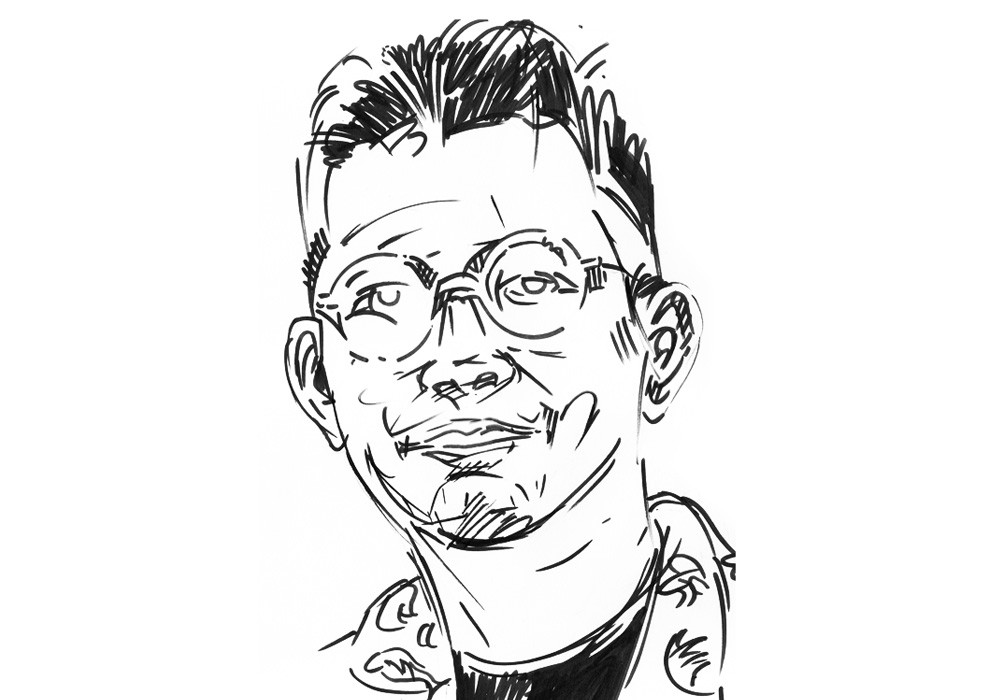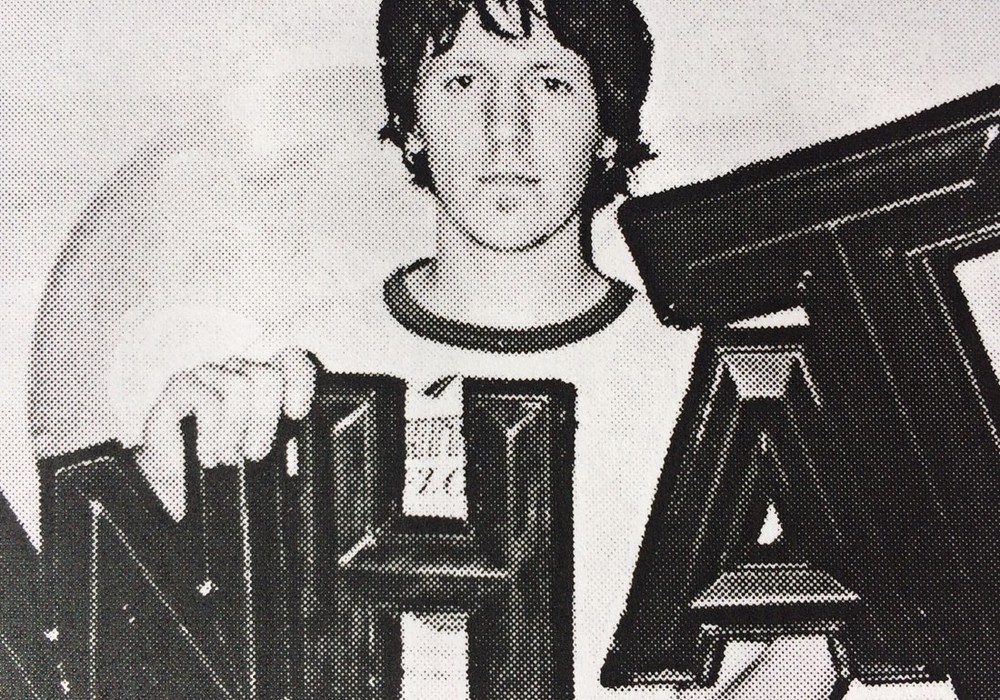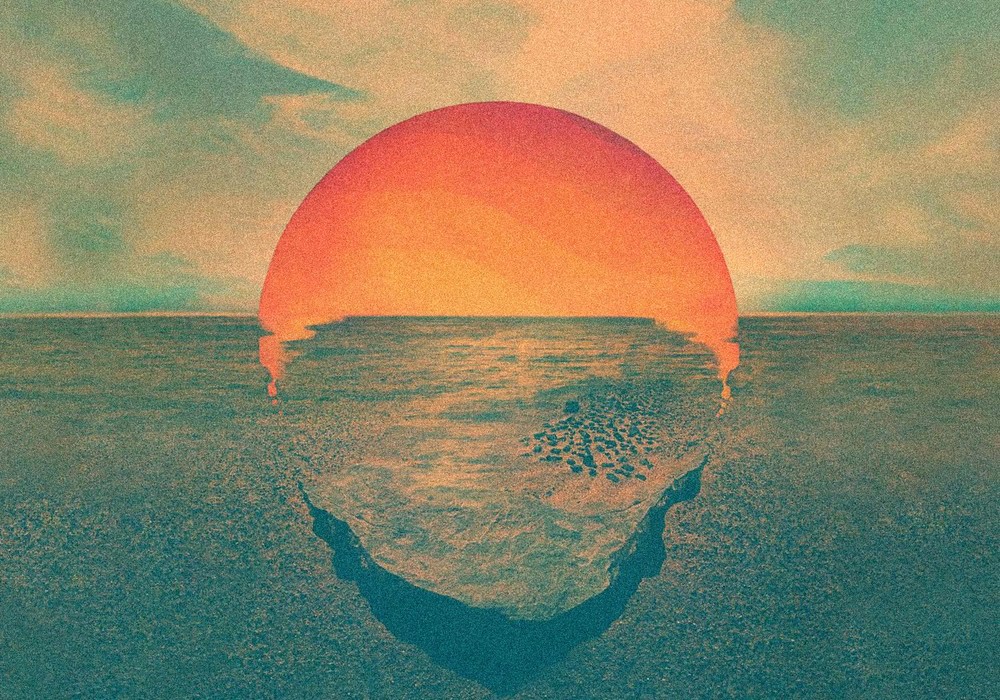Lee Herschberg's achievements place him on a rarefied plane as a recording engineer. After stints at Decca Studios and United Western, Lee went to work for Warner Bros. Records in 1966. He became the company's Director of Engineering in 1969, a position he maintained until his retirement in the mid-1990s. During his storied career, Lee recorded everyone from Randy Newman and Liberace to Rickie Lee Jones and James Taylor. For his achievements, Lee received four Grammy nominations, and in 1966, he won a Grammy for Best Engineered Recording, Non-Classical, for his contributions to Frank Sinatra's Strangers in the Night. This conversation, conducted in 2016 in celebration of the 50th anniversary of Strangers in the Night, focuses largely on Lee's work with the legendary crooner, but also covers many of his other studio highlights.
What gave you the music bug? Did you grow up playing an instrument?
I was born in 1931 and grew up in Chicago. I had an older sister. She would take me on Saturdays to the State-Lake Theatre and the Chicago Theatre. They would have a movie and then a stage show. The first one I ever saw was Gene Krupa's Orchestra. That blew me away at ten years old. That was it for me. I wanted to take drum lessons. Then I went to the Roy C. Knapp School of Percussion. I wanted to play, but I didn't want to practice, so my drumming career went nowhere. [laughter] My sister liked big bands and [Frank] Sinatra. I was forbidden to touch her 78s, but I used to listen to them when she wasn't around!
Did you work in a studio in Chicago before you moved to Los Angeles?
No. I got out of high school in [Los Angeles] in 1949. In 1950 I was in the Air Force for four years during the Korean War. I was an instrument flight instructor for a flight squadron of four engine bombers. I managed to not have to go to Korea and get into combat. After I got out of the military, I worked for my dad for about six months, doing market research in New York. Eventually I said, "Dad, I can't live in this city." I quit and came home.
Your first studio gig was in Los Angeles?
What happened was that I ran into a friend of mine from high school. He and his dad had a little recording studio down on Melrose [Avenue] in Hollywood. They did demos and they did a Spanish radio show with live sound effects. They'd have a guy slamming doors. They had four disc cutting machines, so I started cutting the discs for them and I also did some mixing. Another high school friend's father was an A&R man for Decca and Coral Records, which had a studio right across the street from this demo studio. Through her, I got to know her father. I said, "If there's ever an opening, I'd love to work for you guys." One day he called me, and I went to work for Decca, and from there I was in the record business. It was a very fortunate moment for me. We were doing things like the Les Brown Band, Lawrence Welk, Liberace with the big orchestra, and a couple of jazz artists. We even did one session with Louis Armstrong and his band. That knocked me out to be in the same room with those guys. I'm happy I was at the right place at the right time.
During your career you worked in the world's greatest studios. How did Decca's studio measure up?
You wouldn't have believed the studio if you'd seen it. There was one big monitor speaker hanging from the [control room] ceiling, but the recording console was right up against the window, so the speaker was hanging behind the mixer's head playing right into the glass of the window. If you think about today, that was the last thing in the world that you'd do: Have a speaker playing at the glass. But it all worked somehow, and we got things done.
Sounds like a challenging way to work.
It was. Our studio was right next to the old Capitol Records building. Between our studio and Capitol there was a restaurant called the Nickodell Melrose that was pretty famous with people around Hollywood. We had a red recording light hooked up in the Nickodell, because when the staff would go into the freezer to get meat or whatever, they would slam the door. If we were recording, we could hear the door slamming. When the red light was on, they didn't go into the freezer. Back then, it was all about the performers, it wasn't so much about engineering. It was all about performance and getting the best shot on it that you could. It's a different story today. You can record in your bedroom.
What were those early years at Decca like for you?
When I first started out, I didn't...
